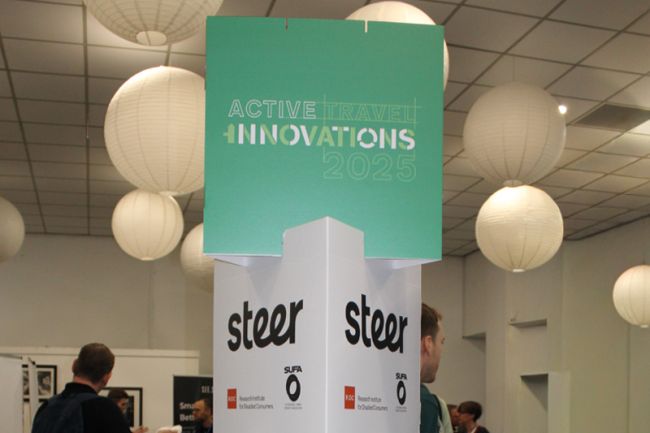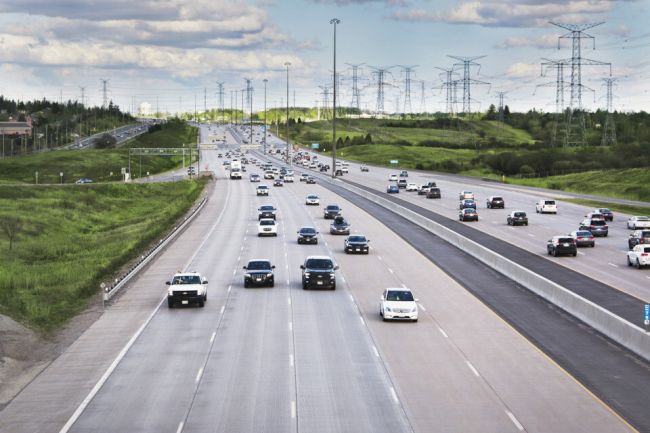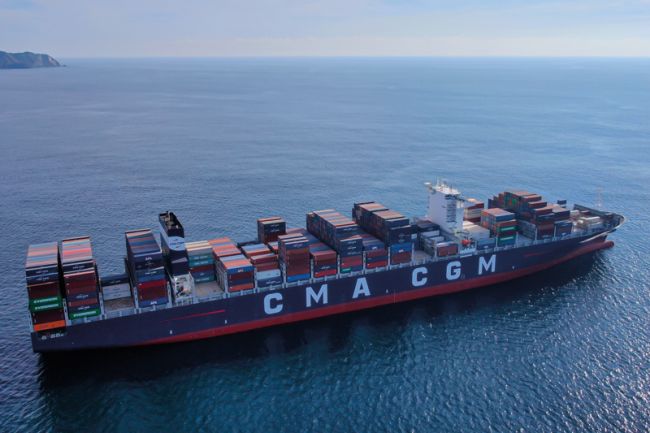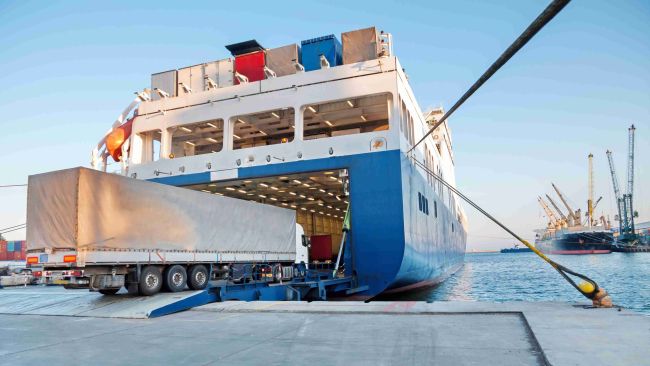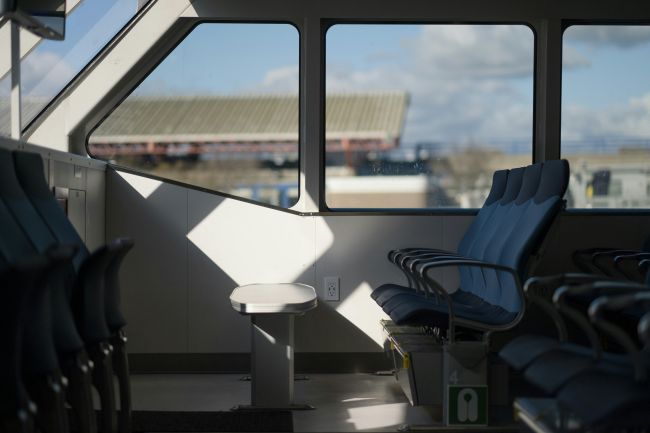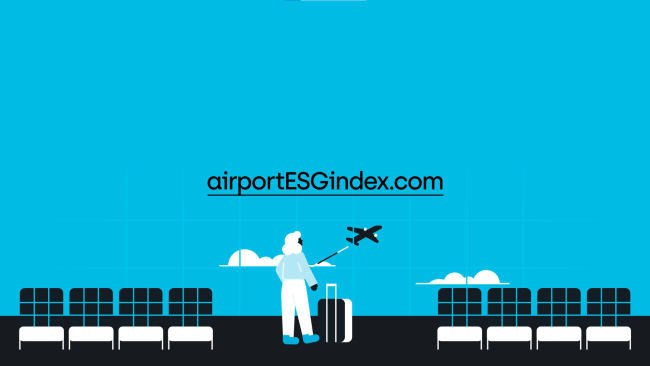Election reflections: What did we learn from Steer’s post-election policy sessions?
Discover insights from Steer’s Election Reflections on how new government policies will shape UK transport and growth.
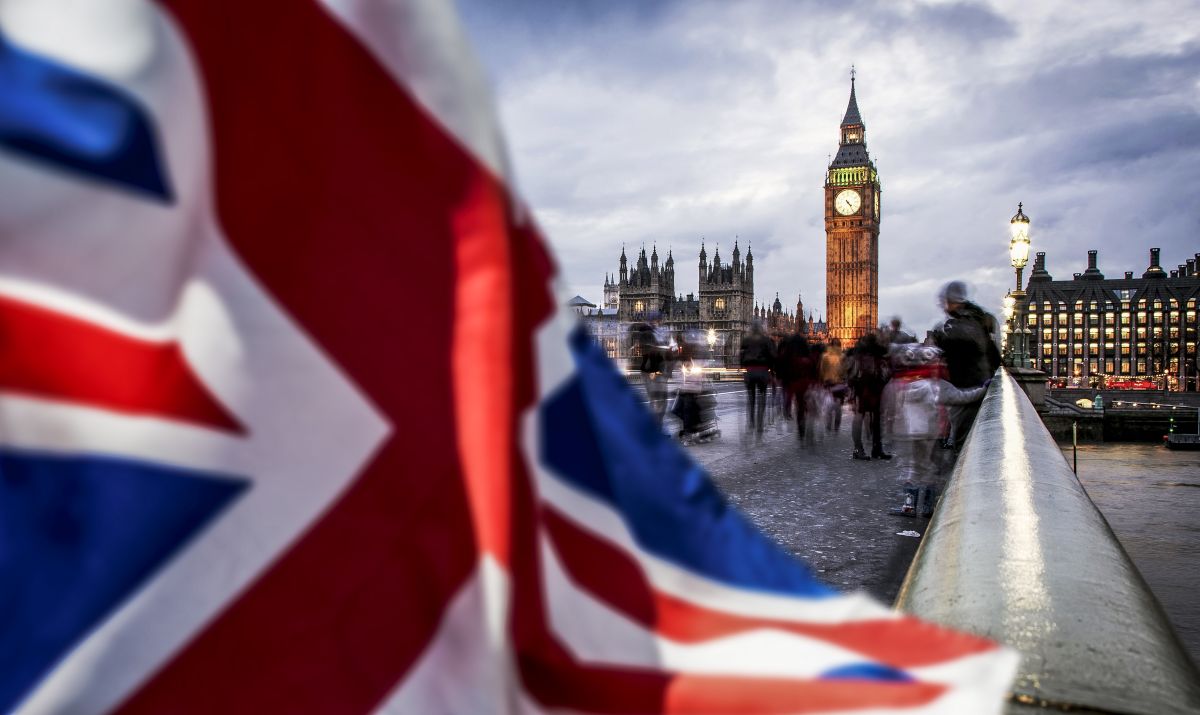
The UK election may seem a long time ago, but in the world of planning, infrastructure and economics, the work of understanding the new Government’s policy profile is just beginning.
Since the election Steer has hosted six events that discussed key themes across some of the sectors that we serve that brought together high-profile figures with our own Steer experts. All of our 30-minute conversations, covering respectively devolution, electric vehicles (EVs), economic policy, transport policy, buses and rail, were insightful and dynamic and spoke to the context and impact of a new political agenda.
Here are some key themes that emerged from these conversations.
How will devolution evolution play out on the ground?
Although we had one session dedicated to devolution alone, it emerged as a universal talking point through our conversations.
It was noted that there is a tonal shift from the government on the economy and regional equality and that the new cabinet is very Northern representative. Existing combined authorities like Greater Manchester and West Yorkshire provide a platform for success and a model for newly formed bodies in places like the East Midlands. Devolved regions have an important role to play as drivers of economic growth, and to encourage both inward and foreign investment, we must create a clear picture of the economic propositions of the offer, particularly across sectors like life sciences and higher education. The Labour Party’s manifesto talks of further empowering devolved administrations and metro mayors, and this promise seems likely to emerge.
When it comes to transport, we heard how devolved regions can help support an integrated transport strategy for the country with subnational transport bodies like Midlands Connect and Transport for the North, providing a balance between local and national. Local and combined authorities could also be poised to take greater control of bus and even rail services, providing a key opportunity for local, integrated planning across modes. The symbiotic relationship this could create in terms of both revenue and responsibility means that combined authorities could evolve hugely over the next five years. Who better to understand, serve and grow local markets was the point made in a number of the conversations.
How will decarbonisation affect transport and economic growth?
Labour’s manifesto committed to Net Zero by 2050 and arguably furthers the ambition to make the UK a ‘clean energy superpower’ and promote green growth.
The reinstating of the 2030 ban on sales of new internal combustion engine (ICE) vehicles reflects Labour’s commitment to the green agenda, but is the EV transition going to plan? There were some reassuring stats in our session on EVs with macrofigures showing one million EVs on the road and roughly 65,000 charge points installed, however, the challenge of securing private vehicle take up remains. With numbers lagging behind commercial fleet vehicles, reaching private consumers who are concerned over the lack of charging facilities, price, and prevalent media narratives on safety and reliability is a crucial next stage.
On the subject of sustainable transport our transport policy session focused heavily on a clear need to reduce miles travelled by car to achieve Net Zero, while acknowledging how politically sensitive this can be. Solutions will require not just ‘carrots’ of improved public transport accompanied by well thought out communication and promotion, but also possible ‘sticks’ of making travel by car less convenient and/or a more conscious choice for the user.
Decarbonisation and economic growth, particularly in the UK’s regions, can also be seen as a relationship in tandem. If UK regions play to their strengths clean energy, new technology, the university sector and the devolved skills agenda can all come together to boost growth. Local Growth Plans are noted in the Government’s pre-election manifesto, and it's clear that, now in power, growing the economy is perhaps the most dominant mission for the collective cabinet. The growth agenda, as well as providing support for regional big emitters in the north of England, could see our country collaborating to compete on the international stage when it comes to Net Zero.
Delivery is essential and policy goals aren’t mutually exclusive
It was highlighted that regional mayors (especially in the Midlands, as one speaker told us) have an appetite to deliver for their areas as quickly as possible, and this is certainly reflected in statements made by the new West Midlands mayor, Richard Parker, after his election. The Secretary of State for Transport’s opening comments to her officials of “move fast and fix things” belies a Government with a sense of urgency and a country with a number of material challenges to resolve.
While the state of transport and infrastructure in the UK is often described as poor, our guests were keen to point out where lessons can be learned and brought forward to hasten improvement. The fragmented, privatised rail system may well come under public ownership but that doesn’t mean that the elements of the privatised system (which has overseen huge growth of the sector since the 1990s) should be ignored. A similar honest and objective approach can be taken to learn the lessons from HS2 and assess the current impact of the zero-emission vehicle (ZEV) mandate on the commercial and rentals fleets as well as shared mobility such as car clubs. For the former, the government, or its promised Great British Railways, will need to determine just what HS2 will be best used for the given significance of national and local transport.
How transport planning can support other policy goals was a recurring theme in our discussions. Integrated land use and transport planning, investment in active travel (which often provides more ‘bang for buck’ and more quickly than in other modes such as rail), and integrated planning of highways and buses brought on by bus franchising were all highlighted as ways to help improve the availability of affordable housing, improve air quality, health & wellbeing outcomes, and reduce productivity-consuming congestion.
From the six conversations a consensus emerged. If the UK is to move forward on the Government’s agenda and achieve the desired outcomes at speed, then there needs to be a sharing of best practice across the board, where regions and bodies can help each other but sharing their success and failures. That includes the new but continuing contribution of insight and expertise from the private sector, which often has an even broader base of experience to share.
We’d like to thank our guests: Maria Machancoses (CEO of Midlands Connect), Toby Poston (Director of Corporate Affairs at British Vehicle Rental & Leasing Association), Clare Hayward MBE DL (Chair of NP11), Tom Cohen (Transport Policy Reader at University of Westminster), Simon Warburton (Executive Director of Transport for West Yorkshire Combined Authority) and Howard Smith OBE (Director of Elizabeth Line, Transport for London), as well as all our Steer colleagues involved.


